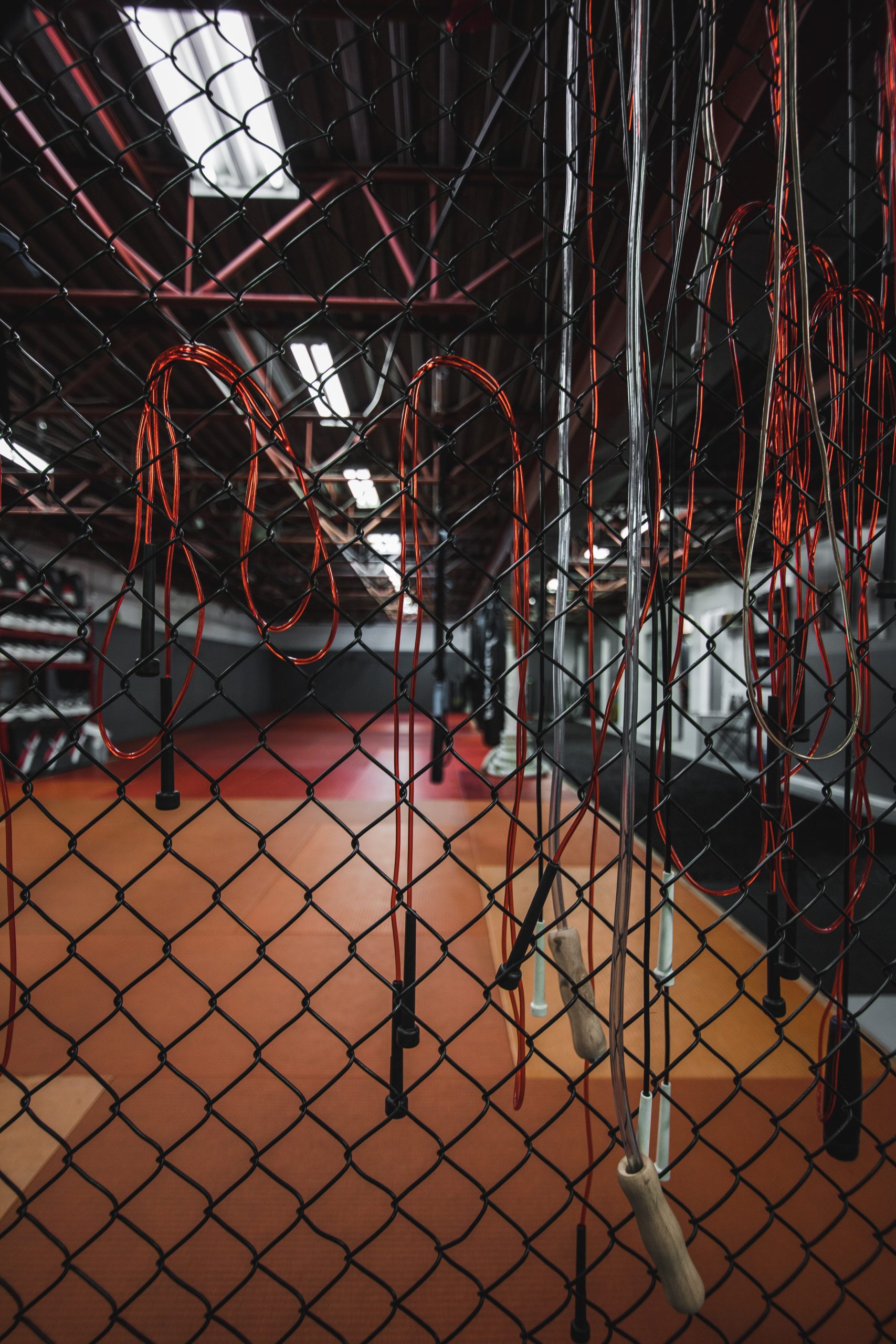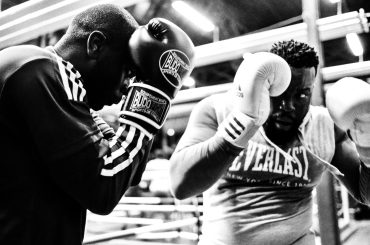How Do MMA Judges Score Fights ?
Mixed Martial Arts (MMA) is a dynamic and riveting sport that combines various disciplines such as striking, grappling, and submissions. As fans, we are often enthralled by the back-and-forth action in the cage, but have you ever wondered how those intense battles are scored? In this article, we’ll dive into the intricate world of MMA judging, exploring the criteria, challenges, controversies, and the future of fight scoring.
Introduction

Every MMA fight is a clash of strategies, athleticism, and skill. As spectators, we anticipate the judges’ final decision, but the process leading up to that moment involves meticulously evaluating each fighter’s performance. Understanding how MMA judges score fights gives us a deeper appreciation of the sport’s complexity.
Understanding MMA Judging
The Role of Judges
MMA judges are tasked with a challenging responsibility – to assess and assign scores to fighters based on their performance during the bout. Three judges sit cage side, carefully observing each round to determine the fighter with superior skills and control.
Criteria for Scoring
To evaluate a fighter’s performance, judges consider several key factors. These include effective striking and grappling, cage control, aggression, submission attempts, and takedowns. These criteria help provide a comprehensive view of each fighter’s dominance in various aspects of the match.
Scoring Criteria in Detail
Effective Striking and Grappling
Effective striking involves clean and impactful hits while avoiding significant strikes from the opponent. Judges assess strikes’ frequency, accuracy, and power to gauge a fighter’s effectiveness. Grappling, on the other hand, includes takedowns, reversals, and ground control, showcasing a fighter’s ability to dictate the flow of the fight.
Cage Control and Aggression
Cage control refers to a fighter’s ability to dictate the positioning within the octagon. Controlling the center of the cage and dictating the pace of the fight can earn points. Additionally, aggression, while measured, plays a crucial role. A fighter who consistently moves forward and pushes the action demonstrates control and dominance.
Submission Attempts and Takedowns
Even if unsuccessful, submission attempts indicate a fighter’s intention to finish the fight. Judges reward fighters actively seeking submissions and putting their
opponents in vulnerable positions. Takedowns contribute to a fighter’s score, particularly those leading to dominant ground control.
10-Point Must System
The 10-Point Must System is the foundation of MMA scoring. Judges assign a score for each round, typically 10-9, based on their assessment of fighter performance. The round winner receives 10 points, while the other fighter gets nine or less, depending on their performance.
Round-by-Round Scoring
MMA fights are typically divided into three to five rounds. Judges score each round independently, avoiding cumulative scoring. This approach ensures a fair evaluation of each round’s action, preventing a fighter from gaining an advantage solely due to dominance in a single round.
Challenges and Controversies

Subjectivity of Judging
MMA judging is not devoid of controversy. Due to the complexity of the sport and the inherent subjectivity in evaluating performance, differing opinions among judges can lead to contentious decisions that frustrate fans and fighters.
Impact of Crowd Reaction
Crowd reactions can inadvertently influence judges. Roaring cheers for a fighter’s striking can create a perception of dominance, potentially swaying judges’ assessments. Recognizing this challenge, judges undergo training to remain impartial.
Training for MMA Judges
MMA judges undergo rigorous training to sharpen their scoring skills. They study the rules, watch countless fights, and participate in workshops to enhance their understanding of the sport’s nuances, ensuring consistent and accurate scoring.
The Evolution of Scoring
Over time, MMA scoring criteria have evolved to accommodate the sport’s dynamic nature. The focus has shifted from damage-based scoring to a more comprehensive evaluation of various aspects of a fight.
Famous Controversial Decisions
Due to their controversial outcomes, certain fights have etched their names in MMA history. These instances highlight the challenges of unanimous decisions among judges with differing perspectives.
Unified Rules and Commissions
MMA organizations adhere to unified rules established by athletic commissions to standardize judging criteria. These rules provide guidelines on scoring criteria, fouls, and fighter conduct.
Influence of Octagon Control
Octagon control involves positioning and dictating the fight’s location. A fighter who consistently places their opponent in disadvantageous positions holds an advantage in the judges’ eyes.
The Role of Instant Replay
Instant replay technology has been introduced to rectify potential errors in judging. It allows officials to review specific moments, ensuring accurate scoring and addressing controversies.
Educating the Audience
Understanding the nuances of MMA judging enhances the viewing experience. As fans, appreciating the criteria by which fighters are evaluated adds depth to our perspective and dispels misunderstandings.
Future of MMA Judging
The MMA community continually seeks ways to refine judging processes. Technological advancements, increased transparency, and ongoing education for judges are shaping the future of scoring fights.
Conclusion
MMA judging is a complex art that balances technical proficiency, control, and strategy. As we cheer for our favorite fighters, let’s remember the intricate process that leads to the final decision and the continuous efforts to make MMA scoring as accurate and fair as possible.
FAQs
Q1: Can a fighter win a round without landing powerful strikes? A: Absolutely. Effective grappling, cage control, and submission attempts also contribute to scoring.
Q2: Does a fighter’s reputation influence judges? A: Judges are trained to evaluate performance objectively, irrespective of a fighter’s reputation.

Q3: What happens if a round is too close to call? A: Judges must decide based on their overall performance assessment, even in close rounds.
Q4: How are fouls and rule violations factored into scoring? A: Judges consider fouls when scoring rounds; repeated violations can lead to point deductions.
Q5: Can all judges have different winners for the same fight? A: Yes, differing opinions among judges can result in split decisions, highlighting the subjective nature of judging.






